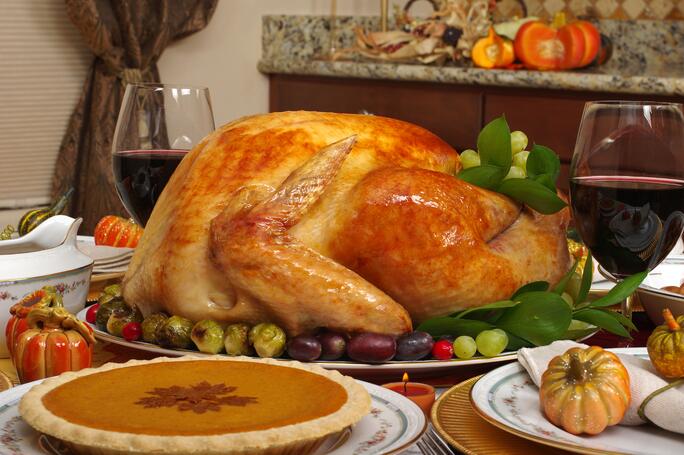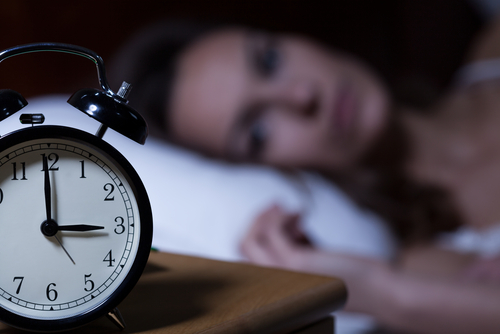Feeling Sleepy After Eating Turkey
Turkey and feeling sleepy go together like mash potatoes and stuffing on Thanksgiving. It’s hard to have one without the other. However, contrary to popular belief, eating turkey isn’t necessarily what makes you tired.
L-Tryptophan
Tryptophan commonly gets the blame for your post turkey feast hangover. Tryptophan is an essential amino acid that our bodies cannot produce. Therefore, we need to get tryptophan from our diets. Foods that contain tryptophan include meat, cheese, yogurt, fish, eggs, and poultry.
Every three-ounce serving of Turkey contains 250 to 310 milligrams tryptophan. Once turkey is eaten, our bodies use the tryptophan to make niacin, which is a B vitamin that produces serotonin. Serotonin is a chemical that transmits impulses between nerve cells and contributes to our wellbeing and happiness.
High levels of serotonin have been shown to help us sleep better. This happens when serotonin makes melatonin, a hormone that helps control our sleep and wake cycles. People that suffer from sleep disorders such as insomnia have been found to have insufficient levels of melatonin in their bodies.

Cause of Sleepiness
Although there is a correlation between tryptophan and regulating our sleep, did you know that chicken contains more tryptophan than turkey? It would make sense that we should see more people suffering from chicken hangover more often. But when’s the last time you saw people falling asleep at a summer barbeque?
The key to the cause of sleepiness after eating a big Thanksgiving feast is the amount of carbs consumed along with the tryptophan-rich turkey. This allows your body to experience the serotonin boost that causes sleepiness.
According to nutritionist and author Elizabeth Somer, MA, RA, when we eat foods rich in tryptophan, the food digests and our body absorbs amino acids into the bloodstream. These amino acids then compete to enter the brain.
Somer explains to WebMD, “tryptophan, which is a bulky amino acid, would have to stand in line to get through the blood-brain barrier with a whole bunch of amino acids. It would be like standing in line when the Harry Potter movie comes out and you didn’t get in line early enough. The chances of getting in are pretty slim. That’s what happens when you eat a protein-rich food. Tryptophan has to compete with all these other amino acids. It waits in line to get through the blood-brain barrier and very little of it makes it across.”
Carbohydrates are tryptophan’s key through the blood-brain barrier. This is what triggers the serotonin boost and causes sleepiness. The same experience can be replicated by eating a large pasta dish with chicken, or a chicken sandwich with a sugary soda.
According to registered dietitian nutritionist Dawn Jsckson Blatner, basically anytime we overeat, we are triggering a serotonin boost. “When people overeat food, the digestion process takes a lot of energy. Don’t incriminate the turkey that you ate. Incriminate the three plates of food that you piled high.”
Sleeping Better at Night
With this knowledge, the good news is that you can activate a serotonin boost anytime you need. All you need is a small serotonin-boosting snack at night, such as a glass of milk and graham crackers.
Somer states, “research shows that a light, 30-gram carbohydrate snack just before bed will actually help you sleep better.”
However, a simple, well-timed snack at night may not help your sleep issues. If you are suffering from daytime sleepiness, whether constant or fleeting, you may have an undiagnosed sleep disorder. To get help and start getting the sleep you deserve, contact your local sleep specialist for a complete diagnosis of your sleep behavior and learn how you can get the quality of sleep you need.
If you live in Alaska, please click on the image below to set up a consultation with the sleep specialists at the Alaska Sleep Clinic.




